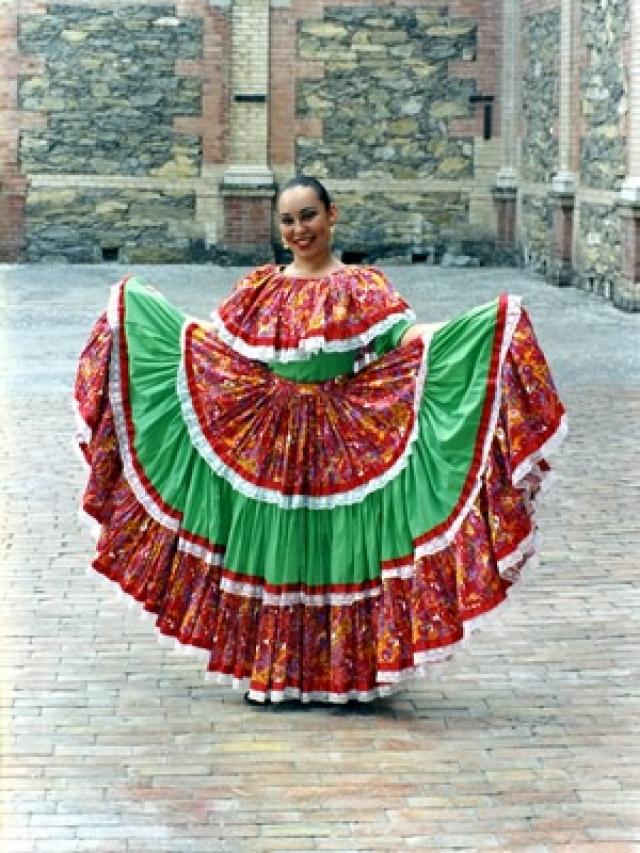
The publication, born at the same time as the educational reform of 1970, made a great effort to become a resource for the professionalization and modernization of teaching practice. Possibly the first magazine in Spain with far-reaching training within the teaching profession. This work analyzes the editorial line of the education and psychopedagogy magazine Didascalia, published between 19, founded by Felipe Segovia Olmo. įrancisco Pérez-Fernández, Francisco López-Muñoz y Miguel Ángel Pérez-Nieto Didascalia (1970-1975) y su aportación a la investigación psicoeducativa española del tardofranquismo.


We intend to position their studies within the international research that was developed between the First and Second World War regarding childcare during war, as well as to contribute to reconstructing the genealogy of female pioneers in Spanish psychology.ģ. The distance from the conflict zone produced less emotional impact and in children under the age of two, the principal stressor was the situation of estrangement from the mother figure, which decreased as they could be cared for their mothers in war nurseries. Aspects regarding the organization of nurseries and early childhood tests used is studied. For historiographical purposes, we have recovered their original publications on the subject, which have not yet been analyzed. Female authors such as Julia Coromines and Dolors Canals who assumed the management of these catalan war nurseries. Monteagudo y Mauricio Chisvertĭuring the Spanish Civil War (1936-1939), the Republican government launched childcare programs in emergency nurseries or shelters.

Recuperando pioneras en la psicología española: El trabajo de atención a la infancia de Dolors Canals y Julia Coromines durante la guerra civil española. This article looks into this involvement as follows: firstly, the creation of the Behavioral Science Consultation Teams in detention centers such as Guantanamo secondly, the variety of techniques employed to “enhance” interrogation, many of which had been designed, and even implemented by psychologists thirdly, the successive efforts carried out by the American Psychological Association (APA) to respond to the public outcry provoked by their involvement in these practices finally, motives for the widespread acceptability of torture, and motives that deny its effectiveness for obtaining relevant information.Ģ. Significant evidence indicates that some of the methods used, so-called “enhanced interrogation techniques”, included torture, and points to psychologists being involved in these practices. In the aftermath of the September 2001 attacks in the USA, many suspects were arrested, kept in custody and interrogated by several US government agencies in order to obtain information about terrorist groups. Psychology and Torture: Enhanced Interrogation Techniques in the Aftermath of the 9/11 Attacks

A continuación presentamos los resúmenes en inglés de los cinco artículos que componen esta entrega y a cuya descarga puede accederse por medio de este enlace.ġ. Acaba de aparecer el tercer número de este año de la Revista de Historia de la Psicología, publicación auspiciada por la Sociedad Española de Historia de la Psicología.


 0 kommentar(er)
0 kommentar(er)
